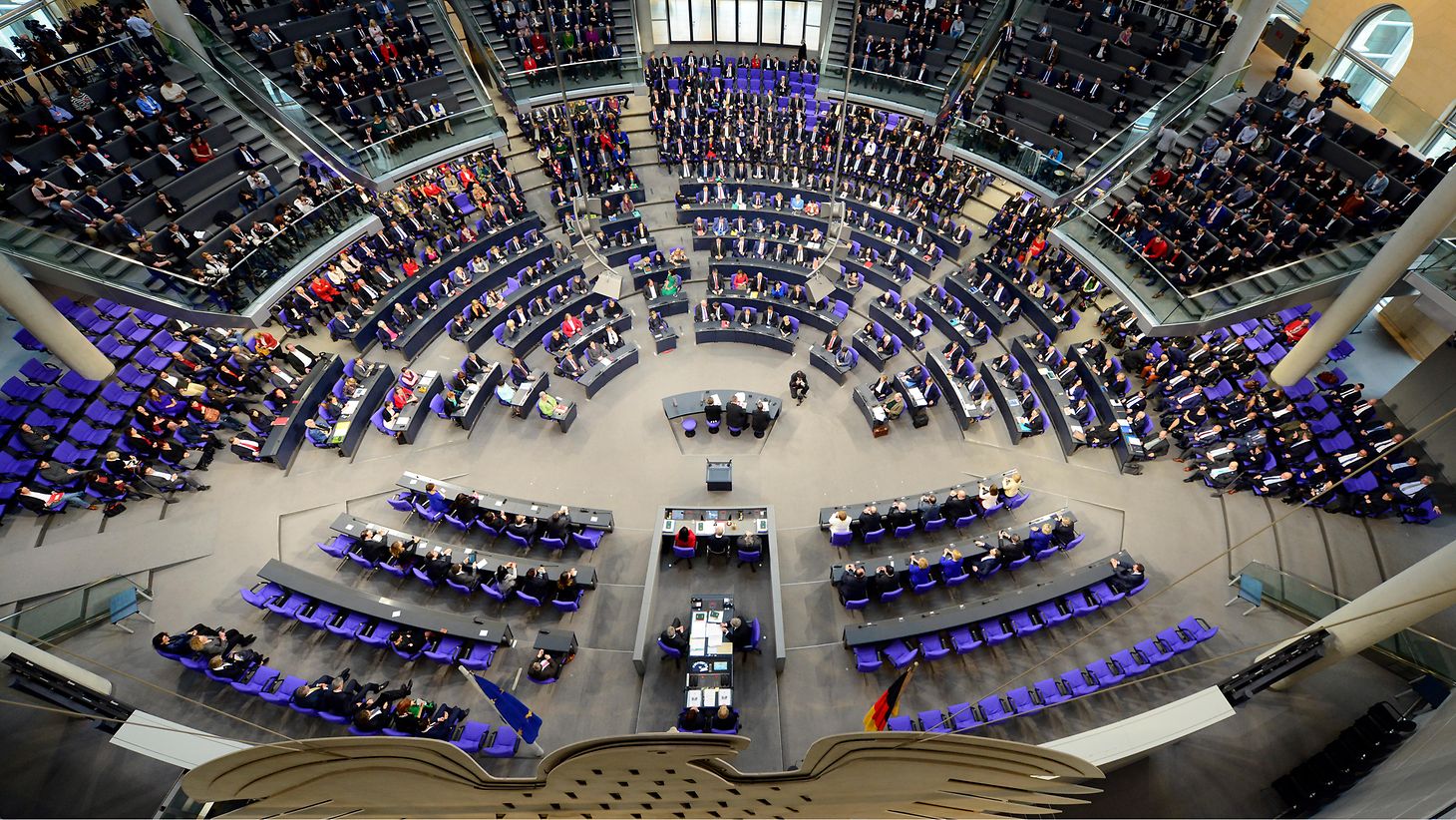In April 2024, major changes were established in the operating procedures of the federal German government, specifically regarding the travel requirements of parliament members. The Deutscher Bundestag (German Parliament) representatives will no longer be allowed to travel in business or first class seats on flights shorter than four hours. This cost-cutting initiative is one of many changes the Bundestag has enabled as part of a budget restructuring. According to government reports, the budget for travel was completely empty through overspending in the first five months of 2023, causing immediate change.

All parliament members will be required to fly economy for any short-haul flights. Bundestag president Bärbel Bas stated: "In order to be able to approve business trips over the entire course of a financial year, if possible, this will in future be done for flight durations of less than four hours for economy class and no longer for business class."
This change in protocol comes after the public scrutinized previous travel perks. Previously, parliament members received Lufthansa Miles and More rewards and lounge credits through their role. However, this was scrutinized as it violated ethics policies regarding benefits public employees can receive via private parties.

In the United States, representatives of the U.S. Congress have various travel options to and from Washington, D.C. Some who represent regions and locations close to the nation's capital choose to drive or take the train. Meanwhile, those further away can elect to fly. Some have even been known to fly their own private aircraft to and from congressional settings. It is important to note that there are different stipulations on which class U.S. Congressmen can sit in compared to their German counterparts.
To start with, the U.S. is much larger than Germany. As a result, many airplane rides are longer and can even have multiple layovers. All Congressmen are given a Members' Representational Allowance (MRA), a standardized stipend allowing the representatives to travel within their districts, staffing, and any additional transit to and from Capitol Hill. As this is the main budget for all travel, representatives can spend how they please, without specific instructions on whether to sit in first, business, or economy class. Many opt for first class because the budget typically exceeds $1.3 million. It is both comfortable and efficient in terms of travel plans.

The German parliament budget is another one of the German government's new reformist policies, attempting to streamline their budget. Although initial reaction from German parliament members discouraged the change, the policy is favored by many in the German populace. Recent budgetary changes in other sectors, such as a change in the Deutsche Post mail-carrying service, are part of the Social Democratic Party's (SPD) post-COVID-19 reforms. Chancellor Olaf Scholz has supported many of these spending changes. As the SPD continues to promote new initiatives, sectors across the sustainability, transit, and fiduciary sectors should see positive growth and support.
Sixth Global Express Joins FAI Aviation Group Fleet » Bomb Threat Forces Emergency Diversion of IndiGo Flight » Why Gogo is Refusing to Join the 'Starlink Speed Race' — And Why It's Winning Anyway »
Comments (0)
Add Your Comment
SHARE
TAGS
INFORMATIONAL Germany Bundestag House of Representatives Parliament Politics Economy Class GovernmentRECENTLY PUBLISHED
 Sixth Global Express Joins FAI Aviation Group Fleet
FAI rent-a-jet has officially announced the expansion of its charter fleet with the addition of a Bombardier Global 6000 (MSN 9546).
NEWS
READ MORE »
Sixth Global Express Joins FAI Aviation Group Fleet
FAI rent-a-jet has officially announced the expansion of its charter fleet with the addition of a Bombardier Global 6000 (MSN 9546).
NEWS
READ MORE »
 1,000+ Standby Passengers Are Already Listed for Alaska's Inaugural Rome Flight
While inaugural flights for major carriers always draw a crowd, the upcoming Seattle (SEA) to Rome (FCO) route is shattering internal records. A staggering 1,080 standby passengers have already listed for the inaugural flight.
NEWS
READ MORE »
1,000+ Standby Passengers Are Already Listed for Alaska's Inaugural Rome Flight
While inaugural flights for major carriers always draw a crowd, the upcoming Seattle (SEA) to Rome (FCO) route is shattering internal records. A staggering 1,080 standby passengers have already listed for the inaugural flight.
NEWS
READ MORE »
 Bomb Threat Forces Emergency Diversion of IndiGo Flight
A security scare mid-air forced an IndiGo flight traveling from Delhi to Siliguri to make an emergency landing at Lucknow’s Chaudhary Charan Singh International Airport on Sunday morning. The diversion was triggered after a handwritten bomb threat was discovered in one of the aircraft's lavatories.
NEWS
READ MORE »
Bomb Threat Forces Emergency Diversion of IndiGo Flight
A security scare mid-air forced an IndiGo flight traveling from Delhi to Siliguri to make an emergency landing at Lucknow’s Chaudhary Charan Singh International Airport on Sunday morning. The diversion was triggered after a handwritten bomb threat was discovered in one of the aircraft's lavatories.
NEWS
READ MORE »



